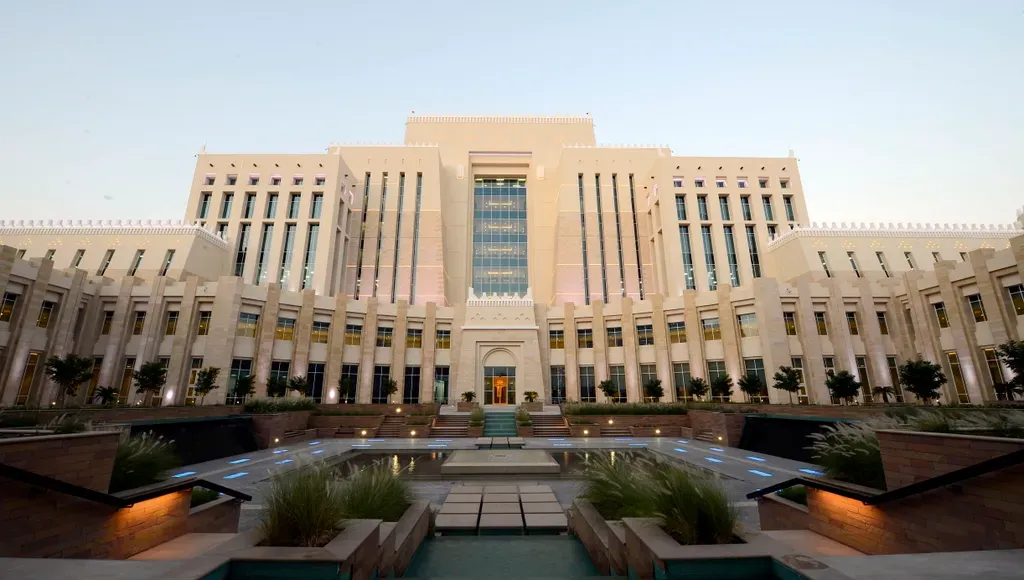Qatar surprise bans cryptocurrencies according to news reports. The decision to ban cryptocurrencies was not made clear though, with a vague explanation of cryptocurrencies being used for criminal activities.
The decision to ban has been seen as a bit of a surprise as there was a growing consensus of crypto acceptance in the region. The UAE has seen multiple countries take up blockchain and crypto projects. Especially the new finance section seeing blockchain used extensively. Qatar has always not gone along with the status quo but this move could be detrimental, especially considering the new Petro cryptocurrency.
The QFC Regulatory Authority said in a statement that “Virtual Asset Services may not be conducted in or from the QFC at this time”. It specified that the ban includes “anything of value that acts as a substitute for currency, that can be digitally traded or transferred and can be used for payment or investment purposes”
Virtual Asset Services include exchange between virtual assets and fiat currencies; exchange between one or more forms of virtual assets; transfer of virtual assets; safekeeping and/or administration of virtual assets or instruments enabling control over virtual assets; and participation in and provision of financial services related to an issuer’s offer and/or sale of a virtual asset.
Virtual Asset Services may not be conducted in or from the QFC at this time”
Digital forms of securities or of other financial instruments that are regulated by the Regulatory Authority, the Qatar Central Bank or the Qatar Financial Markets Authority are still allowed.
Cryptocurrency firms have been shutting down all over because of stricter anti-money laundering regulations.
Simplecoin, a Netherlands-based cryptocurrency ‘mining pool’ set up to enable collaborative discovery of new virtual currency coins, and Chopcoin, a Bitcoin gaming platform, announced they would be shutting down before the EU Fifth Anti-Money Laundering Directive (5AMLD), came into effect in all EU Member States on 10 January 2020.
The 5AMLD requires providers of crypto platforms and wallets to identify their customers for anti-money laundering purposes.
“Simplecoin will become subject to a large range of AML/KYC requirements. It is because under the new Directive, we would be considered a “custodial wallet provider”, a broad definition that will apply to many cryptocurrency operations. When the laws come into effect, we would be forced to require you, the users, to identify yourselves for anti-money-laundering purposes. We have been searching for solutions for a while, but it has become apparent that there is no way around it.
“We believe in the power of cryptocurrency and its potential. Mining should to be available to anyone and we refuse to jeopardise our users’ privacy. It remains to be seen what impact this will have on mining pools and the cryptocurrency space as a whole,” the company said in its statement.
Both companies notified its users that they had a couple of weeks to withdraw their balances.
Although some EU Member States, including Germany, Italy and the Netherlands are expected to transpose the 5AMLD into law by the 10 January deadline, others are resisting the directive. The UK has undertaken to implement the 5AMLD, despite Brexit.



